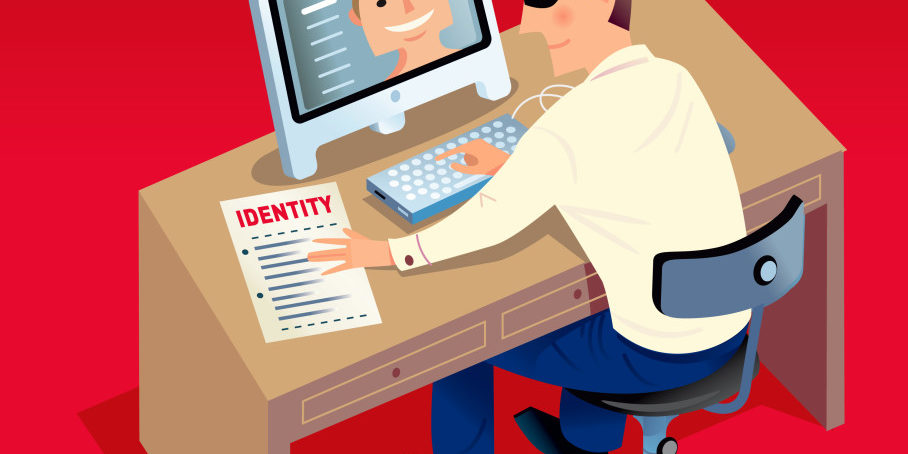Info@wiperts.com
Privacy issues with smartphones
With so many people using smartphones now there was bound to be issues with privacy. The two most popular smartphone operating systems are Android and iOS. While iOS is used exclusively on iPhone smartphones. The Android operating system is used on multiple smartphone brands including Samsung, Sony, LG, Google Pixel, HTC, and others, anything that is not an iPhone. What does that mean to our privacy? For the most part, if you install your updates and you keep a password and lock screen in place, your phone should remain safe. However, if you have jailbroken it or purchased the phone jailbroken, your security is compromised and so is your privacy.
In addition to jailbroken phones leaving you vulnerable to privacy issues, applications we download to our phones may be compromising our privacy and data. While most apps are legitimate and useful, some of the applications you download put your privacy at risk more than the actual phone might. When Apple first started offering apps through the App Store, all were vetted very carefully. They had to meet specific security standards and code inspections so they would not create a security risk to users. Now, they have relaxed their standards, and many apps are not as well checked as they once were. Thus, you have to use good judgment about what you load onto your phone, and at least try to read the user agreement and privacy statement, skim if you must, but at least look at it.
If you are trying to avoid smartphone privacy issues, then you should take a few precautions. The following are good procedures to follow when trying to keep your mobile smartphone secure:
- Do not use a jailbroken phone, period. Do not purchase them and do not expose your existing phone. Not only does jailbreaking reduce the value for resale, it also leaves your phone wide open for viruses, hackers, snoops, and spies. If you have already done it, then just be choosy about the apps you download, and next time think twice.
- Before you download an app, do a little research. Read the reviews, or do a search outside of the app store for privacy issues others might have had with the app. Most apps used to let you delete your account from the internal settings menu. Now, however, many apps force you to “request” your account be deleted. Which means that they want to keep your information like your email address and data they have gathered while you were using the app?
- If you notice that your battery starts to drain fast after downloading a specific app, delete it. This is a sign that the app is running all the time and is sending data back to the developers.
- Do not give people your phone password, unless they are family members you are close with and very close friends. While many privacy attacks come from outside parties, social engineering accounts for a large percentage of privacy and security issues on your smartphone.
- Use a VPN when connecting to an open WIFI network with your phone. Many are free to use and use one button access. This will keep your phone safe and your browsing experience anonymous.

Info@wiperts.com






